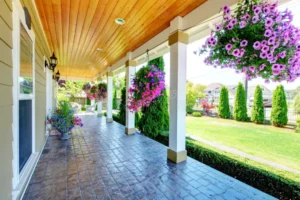Congratulations to both the seller and buyer on the successful sale of this! Wishing you all the best as buyers embark on a new journey and sellers move forward with new opportunities.
Big congratulations to Joe Humphries on your hard work in making this all happen! Your dedication has truly paid off.
Joe Humphries- Real Estate Agent
I have over 20 years of real estate experience. I have a BBA in Management from the University of Texas – Arlington. I have owned and managed businesses in Texas and Colorado. I am a Texas Realtor and a Colorado Real Estate Broker. I was raised in Dublin, TX. I enjoy the outdoors, hunting, fishing, and exploring, and spending time with family and friends. I am fortunate to be able to put my real estate experience and knowledge of the area to work for buyers and sellers in this market.












